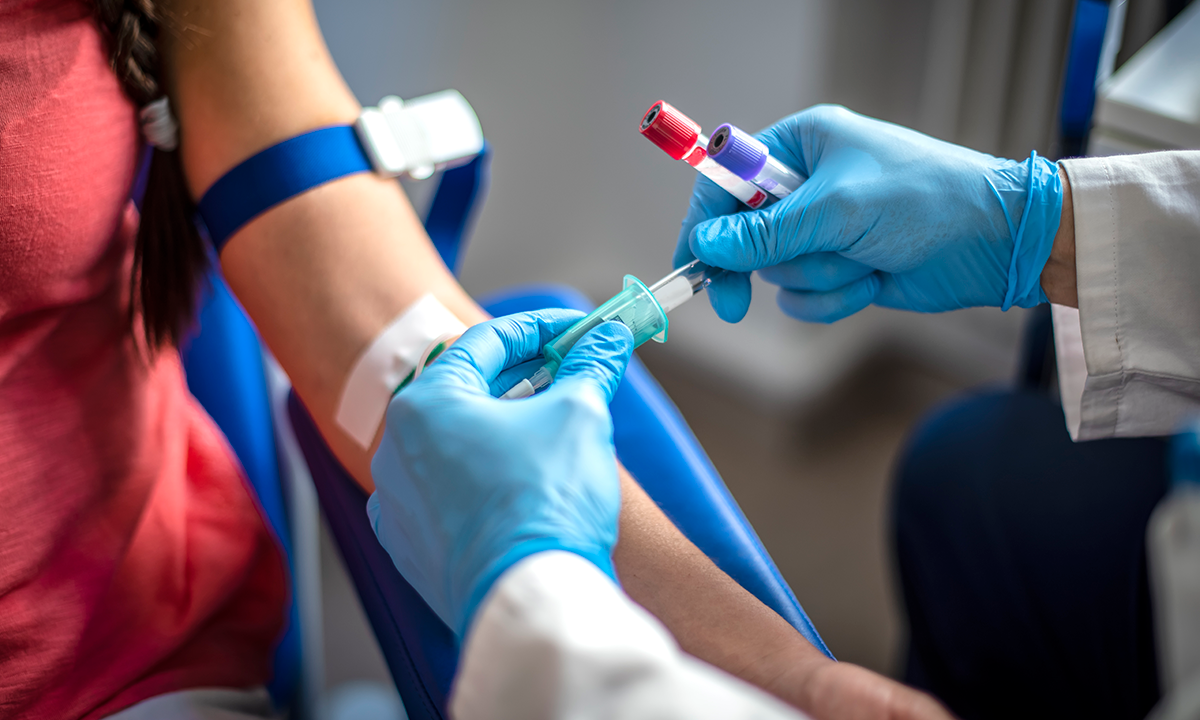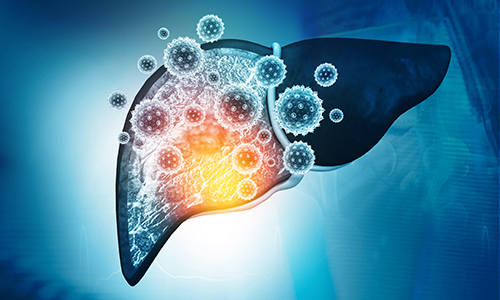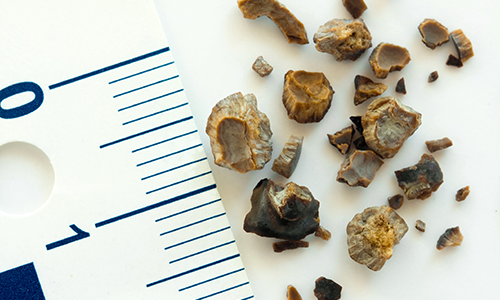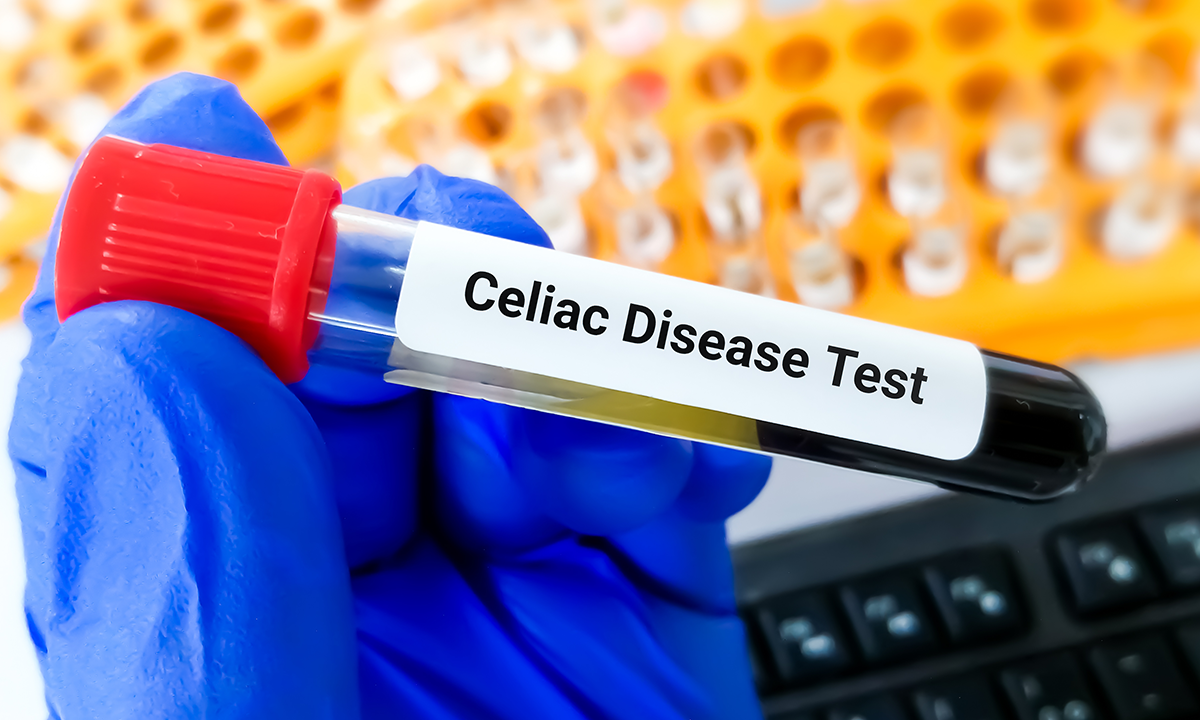
ARUP Consult®, a free source of laboratory testing information for clinicians, released several updated resources in April.
ARUP Consult®, a free source of expert guidance in laboratory testing, has released new and updated resources on testing for viral hepatitis and nephrolithiasis (i.e., kidney stone disease).
These and other offerings, which summarize current clinical practice guidelines, testing strategies, and relevant technical details, are updated regularly and tailored to clinicians to help them choose the right test at the right time.
Read on for more information about these recent changes. Subscribe to the ARUP Consult monthly newsletter to have updates and highlights like these delivered directly to your inbox.
Viral Hepatitis

The laboratory diagnosis of viral hepatitis can be complicated and requires careful test selection and interpretation. The new Viral Hepatitis topic details the recommended tests to diagnose and monitor hepatitis A, B, C, D, and E. Additionally, two newly published algorithms illustrate the recommended testing strategies for the screening and diagnosis of viral hepatitis and the diagnosis and management of chronic hepatitis B.
Nephrolithiasis - Kidney Stone Disease

Kidney stones are common, and their prevalence is on the rise throughout the world. The revised Nephrolithiasis - Kidney Stone Disease topic explains how laboratory testing can aid in the diagnosis and analysis of kidney stones. This information helps healthcare providers understand why a patient has developed kidney stones and may provide guidance to reduce the risk of recurrence.
Other Noteworthy Updates
Don’t forget to check out these other resources, now live on ARUP Consult:
Test Fact Sheets
Hemochromatosis (HFE) 3 Mutations
Toll-Like Receptor Function Testing
Keeping Pace With What’s Next

May is Celiac Disease Awareness Month. Within the last two years, clinical practice guidelines on celiac disease have been updated to reflect the possibility of diagnosis without a duodenal biopsy in individuals who meet specific serologic criteria. For more information on this and other diagnostic pathways for celiac disease, see the Celiac Disease topic and testing algorithm on ARUP Consult.
Share Your Feedback
Use the Feedback button on each page at arupconsult.com or email us with any comments or questions.
Erika Wood, erika.wood@aruplab.com
















